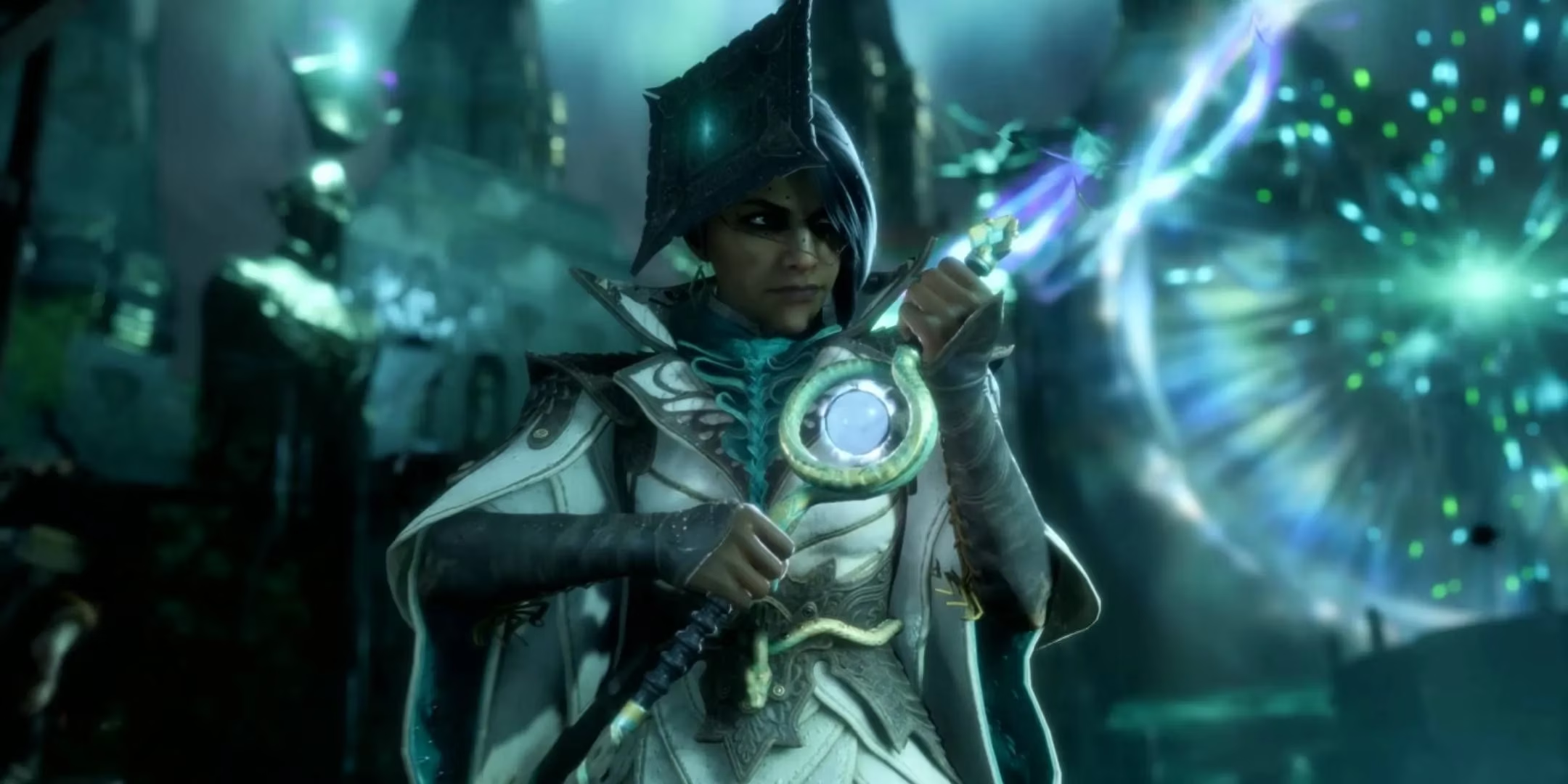The gaming world was shaken in late 2024 when Respawn Entertainment, the acclaimed studio behind titles like Apex Legends and Star Wars Jedi: Survivor, announced the cancellation of two early-development projects and a wave of layoffs affecting hundreds of employees. 😔 It was a gut-wrenching blow to the community, especially as rumors swirled that one project might have been a Titanfall spinoff, reigniting hopes only to dash them. Amidst the chaos, fingers pointed hastily at Dragon Age: The Veilguard, blaming it for Electronic Arts' financial woes. But as insiders revealed, the truth was far more complex—and deeply rooted in the underperformance of EA's cash cows like Apex Legends and EA Sports FC 25. Personally, it felt like a punch in the stomach to see talented developers lose their jobs over corporate miscalculations; the whole situation underscored the fragile balance between creative passion and corporate greed in the industry. 💔

The fallout began with EA's earnings call earlier in 2024, where executives disclosed that major releases had flopped spectacularly. Here's a quick comparison of the key underperformers:
| Game Title | Performance Issue | Impact on EA |
|---|---|---|
| Dragon Age: The Veilguard | Missed player targets by 50% | Moderate financial hit |
| Apex Legends | Declining user engagement | Severe revenue drop |
| EA Sports FC 25 | Lower-than-expected sales and microtrans | Massive profit loss |
This table highlights how the latter two giants, often overshadowed in public discourse, bore the brunt of the damage. Dragon Age, despite its tumultuous launch filled with toxicity and fan backlash, wasn't the primary culprit—a fact confirmed by industry insider Jeff Grubb shortly after the layoffs. Grubb, known for his solid connections within EA and Respawn, emphasized that the Dragon Age debacle "isn't even a factor" in the decision. Instead, he pointed to the dwindling fortunes of Apex Legends and EA Sports FC 25, which generated billions annually. Semantically, it's a tale of misdirected fury; words like "scapegoat" and "overshadowed" resonate as the real villains lurked in plain sight.
Reflecting on this, it's impossible not to feel a wave of sorrow for the affected employees—over 300 souls who poured their hearts into projects now shelved. 🧑💻 The cancellation wave hit hard, especially the rumored Titanfall project, which could have revived a beloved franchise. Subjectively, this feels like a recurring nightmare in gaming, where short-term profit motives eclipse long-term innovation. Grubb's insights, including his earlier debunking of Titanfall 3 rumors, add a layer of credibility; it's as if the industry's pulse weakens with each such cut. But why did EA target Respawn? Simple: Apex Legends and EA Sports FC 25 are financial pillars. A minor dip in their colossal earnings ripples into catastrophic waves, dwarfing even a significant failure like Dragon Age.
Looking ahead with a personal lens, I envision a future where studios like Respawn prioritize sustainable growth over hype cycles. 🌟 My hope is that this setback sparks a renaissance—perhaps Respawn will pivot to original IPs that blend narrative depth with multiplayer innovation, learning from past stumbles. Emotionally, it's a call to arms for gamers: support developers through thick and thin, and demand transparency from publishers. If 2024 taught us anything, it's that blaming one game masks deeper systemic issues. Here's a summary of key takeaways in bullet points:
-
Root Cause: EA Sports FC 25 and Apex Legends underperformance drove the layoffs.
-
Misconception: Dragon Age was unfairly scapegoated due to its controversial release.
-
Human Cost: Over 400 jobs lost, echoing industry-wide instability.
-
Future Hope: Respawn could rebound with fresh, innovative titles by 2026.
In the end, the saga of Respawn's layoffs is a poignant reminder of gaming's volatile ecosystem. As we move into 2025, the scars remain, but so does the resilience of the community. Personally, I dream of a day where such mass layoffs are relics of the past, replaced by eras of creativity and job security. 🕊️ Until then, let's honor the stories behind the screens.
